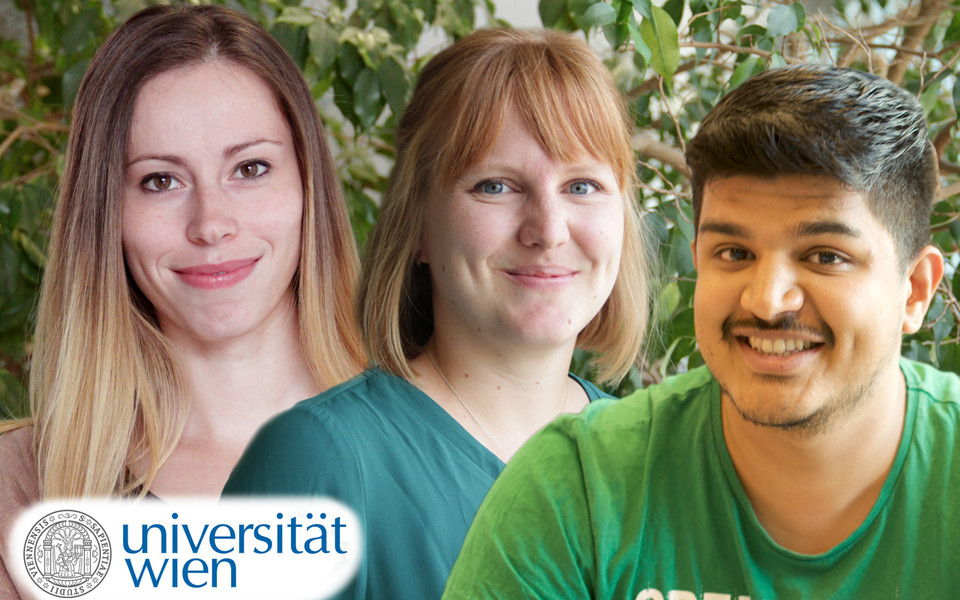
Madhwesh currently pursues his PhD in Christopher Campbell’s lab, where he is working on understanding the adaptations to persistent chromosomal instability in yeast. Their initial results have revealed some exciting genomic alterations associated with the adaptions to chromosome instability, and they hope to accurately identify the relationships between aneuploidy, chromosomal missegregation and cellular viability. Merrit’s PhD project entitled “Mapping Heterogeneity in the Exit from Naïve Pluripotency” explores how single cells change their identity during a developmental cell fate transition. She is supervised by stem cell biologist Christa Bücker. Adriana performs her PhD research entitled “Linking cargo assembly and autophagosome formation in selective autophagy” in Sascha Martens’ lab. Sascha is a renowned researcher of the cell’s own waste disposal machinery termed autophagy.
The uni:docs fellowship programme offers individual scholarships which aim at financing excellent doctoral candidates. Successful fellows will be employed at the University of Vienna for a period of three years. The fellowship will provide outstanding early stage researchers with conditions that allow them to focus exclusively on their research and thus make substantial contributions to science.
The MFPL is a top-notch research and teaching institute in the molecular life sciences located in one of the most liveable cities, Vienna. We are dedicated to providing an outstanding education in molecular biology to students from all over the world. MFPL PhD selections are held twice per year in May and November.